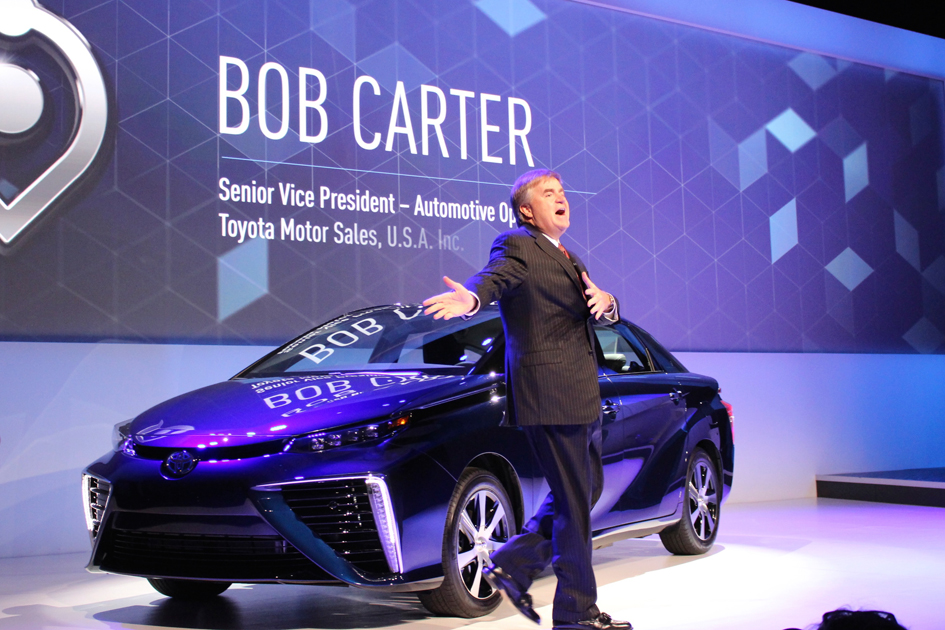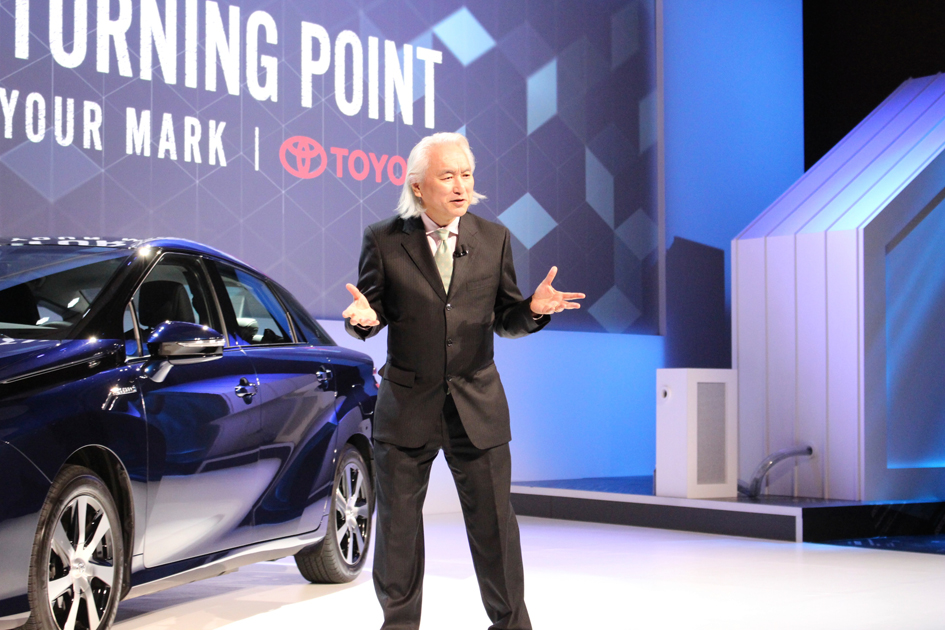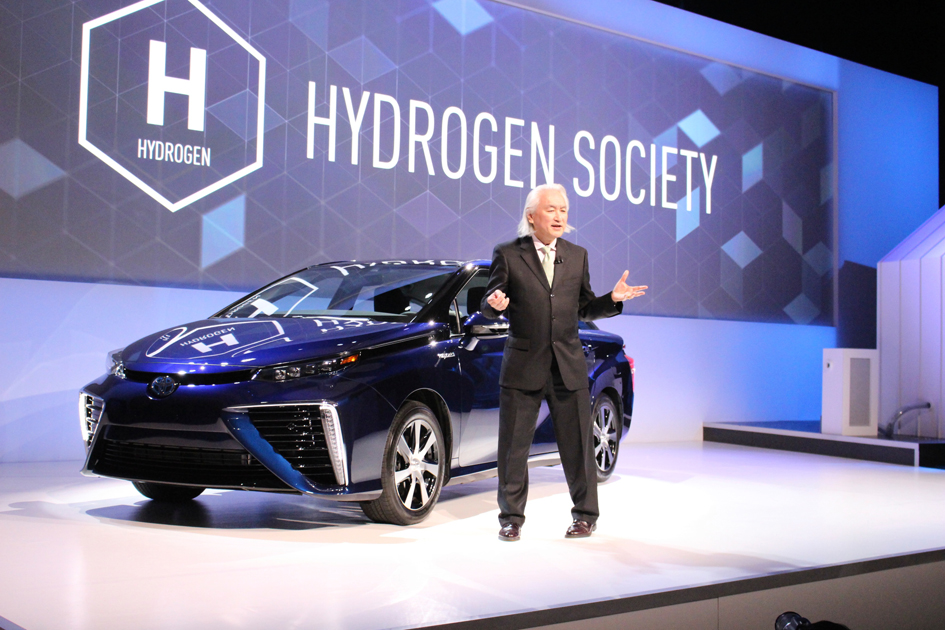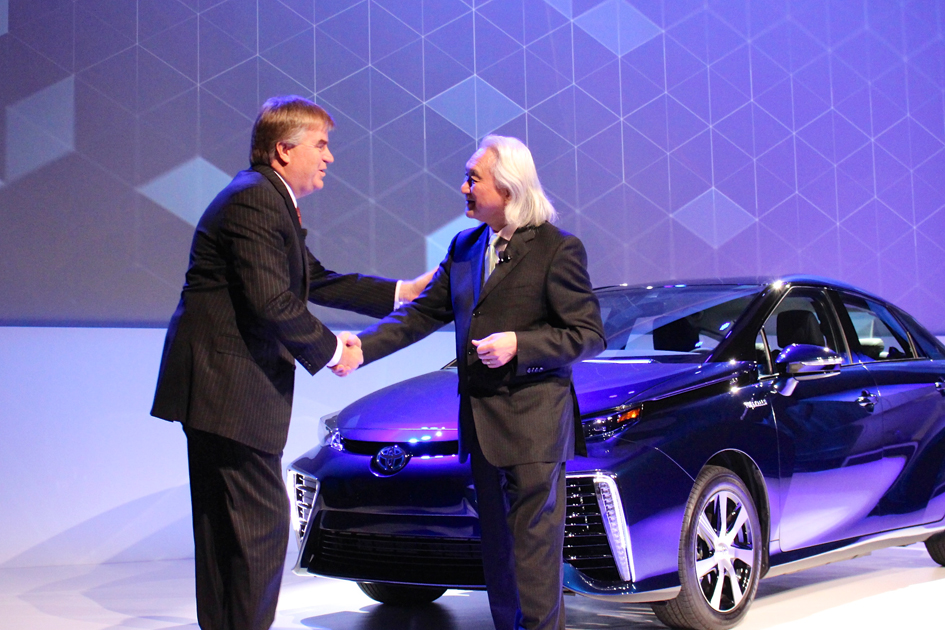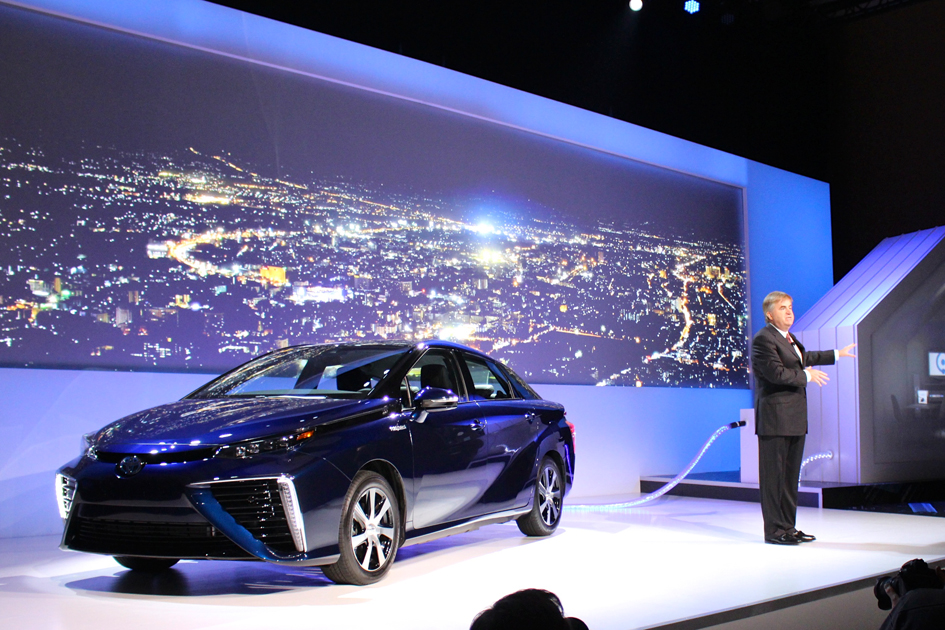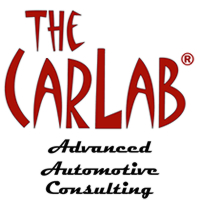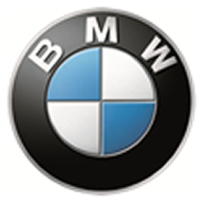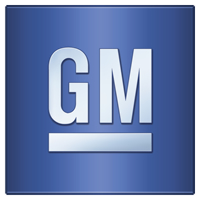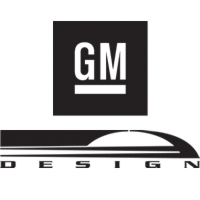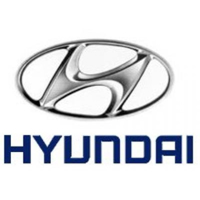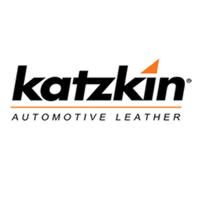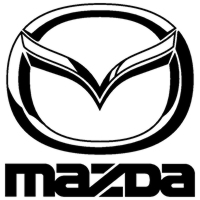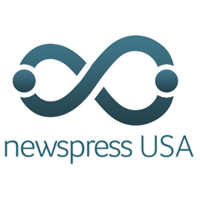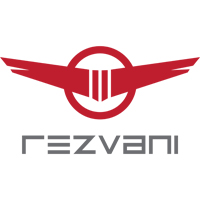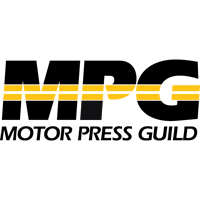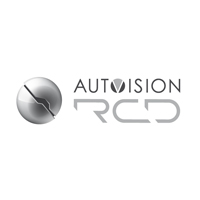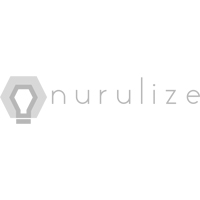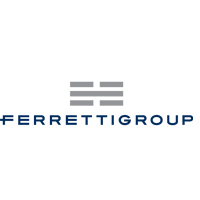Leading off the Toyota conference at the 2015 International CES comes from well respected physicist and futurist Michio Kaku. The dynamic presentation highlighting where we stand globally on energy, the ecological pitfalls of living off of petrol, and why hydrogen is the answer, captures the attention of the guests. Of course, hydrogen has its own issues.
Michio isn’t afraid to go on at length to get his point across. His lively intro is even more surprising for those paying attention, as he does this without the aid of a teleprompter, unlike any other executive we notice at CES. If you think Michio is entertaining on television, he’s twice that in-person.
Bob Carter, TMS SVP, steps in after Mr. Kaku is here offering insight into the next-gen technology coming from Toyota. Similar to Tesla Motors, Toyota will be making its technology patents, in this case, related to hydrogen, available to other OEMs royalty-free – until 2020. While this plays well from a PR standpoint, we question how many other car companies would base their future tech on royalties-free patents that will expire soon after the product comes to market. And, we would be foolish to believe that Toyota doesn’t know this. But, like battery-powered EVs, the more OEMs that join in now at the threshold of hydrogen power, the greater the likelihood that the public will adopt these products. In fact, there are even Wasserstoff Index stocks that investors are looking at, to be part of this new way of getting the automotive industry going.
As far as design goes, well you be the judge! This is reminiscent of the first-generation Prius in its quirky styling. Tesla decided to go with a relatively mainstream design with the Model S to gain public acceptance. Toyota, as it has been known to do, is going its own way.
The following is a some of Mr. Carter’s CES address to those attending.
“Toyota is opening the door to the hydrogen future, making available thousands of hydrogen fuel cell patents royalty free. Announced today at the 2015 Consumer Electronics Show, this Toyota initiative will spur development and introduction of innovative fuel cell technologies around the world.
Toyota will invite royalty-free use of approximately 5,680 fuel cell related patents held globally, including critical technologies developed for the new Toyota Mirai. The list includes approximately 1,970 patents related to fuel cell stacks, 290 associated with high-pressure hydrogen tanks, 3,350 related to fuel cell system software control and 70 patents related to hydrogen production and supply.
“At Toyota, we believe that when good ideas are shared, great things can happen,” said Bob Carter, Senior Vice President of Automotive Operations at Toyota Motor Sales, USA Inc. “The first generation hydrogen fuel cell vehicles, launched between 2015 and 2020, will be critical, requiring a concerted effort and unconventional collaboration between automakers, government regulators, academia and energy providers. By eliminating traditional corporate boundaries, we can speed the development of new technologies and move into the future of mobility more quickly, effectively and economically.”
Toyota has a long history of opening its intellectual properties through collaboration, and was instrumental in facilitating the widespread adoption of hybrid vehicles by licensing related patents. Today’s announcement represents the first time that Toyota has made its patents available free of charge and reflects the company’s aggressive support for developing a hydrogen-based society.
This Toyota initiative builds on previous commitments, including substantial financial support for the development of a hydrogen fueling infrastructure in California and the northeastern United States. In May 2014, Toyota announced a $7.3 million loan to FirstElement Fuels to support the operations and maintenance of 19 hydrogen fueling stations across California. In November 2014, Toyota announced a collaboration with Air Liquide to develop and supply a phased network of 12 state-of-the-art hydrogen stations targeted for New York, New Jersey, Massachusetts, Connecticut and Rhode Island.
The hydrogen fuel cell patents will be made available to automakers who will produce and sell fuel cell vehicles, as well as to fuel cell parts suppliers and energy companies who establish and operate fueling stations, through the initial market introduction period, anticipated to last until 2020. Companies working to develop and introduce fuel cell busses and industrial equipment, such as forklifts, are also covered. Requests from parts suppliers and companies looking to adapt fuel cell technology outside of the transportation sector will be evaluated on a case-by-case basis.
Today’s announcement covers only fuel cell-related patents wholly owned by Toyota. Patents related to fuel cell vehicles will be available for royalty-free licenses until the end of 2020. Patents for hydrogen production and supply will remain open for an unlimited duration. As part of licensing agreements, Toyota will request, but will not require, that other companies share their fuel cell-related patents with Toyota for similar royalty-free use.
Companies interested in Toyota’s fuel cell-related patents will negotiate individual contracts with Toyota. Additional details, including licensing terms and application process, are available upon request.”


